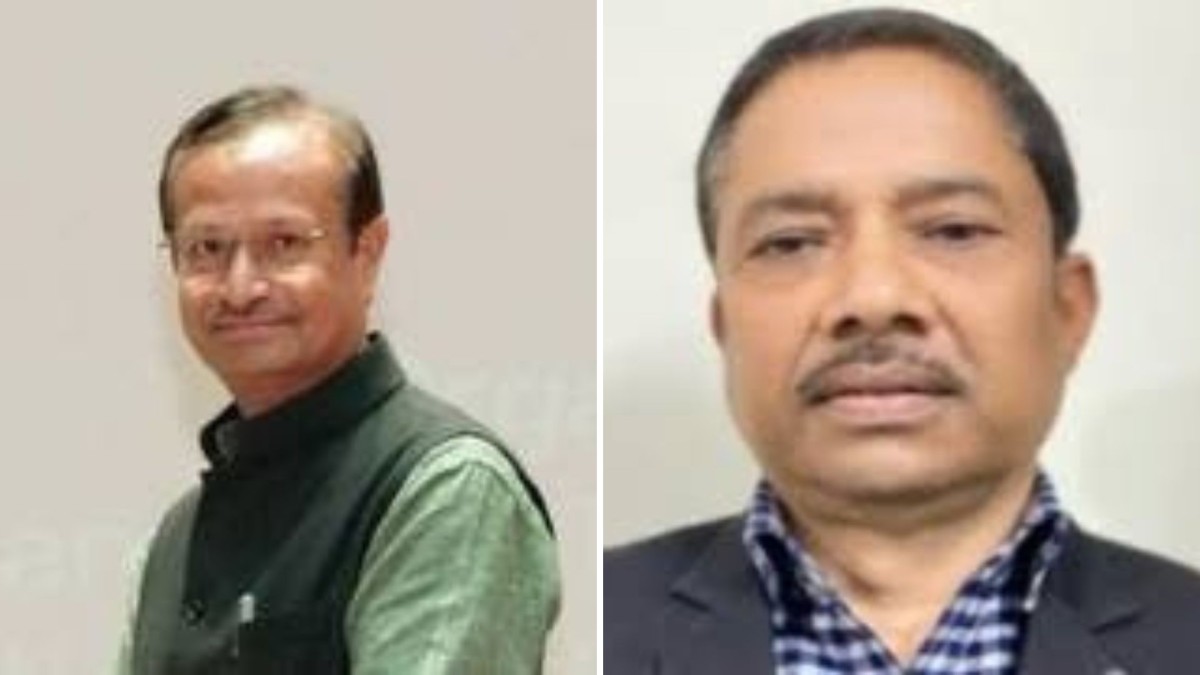The Congress party’s campaign accusing the BJP of ‘Vote Chori’ or vote theft has come under scrutiny after a leading psephologist retracted some of his previous claims that supported Congress’s position.
Dr. Arvind Mehra, whose analyses were widely quoted in Congress’s allegations of electoral fraud, issued an apology for inaccuracies in his data interpretation. He clarified that there was no definitive proof of widespread vote rigging or irregularities in recent elections.
This development has provided the BJP with fresh ammunition to discredit the ‘Vote Chori’ narrative.
“This is yet another example of Congress’s attempts to spread baseless allegations to cloud the electoral process,” said BJP leader Anil Singh. “Their entire campaign was a political stunt without any substantive backing.”
Congress, however, defended its campaign as a necessary response to voter disenfranchisement concerns. Priya Nair, Congress spokesperson, insisted that despite the apology, many grassroots activists continue to report irregularities during polling.
“Data errors do not erase the lived experiences of citizens who face obstacles while voting,” she argued.
The controversy has sparked debate among political commentators about the challenges of ensuring fair elections in a highly polarized environment.
According to Dr. Ramesh Patil, an election studies expert, “In India’s complex democracy, accusations of vote manipulation are common, but they require thorough investigation before gaining public credibility.”
The Election Commission has yet to comment on the matter but has reiterated its commitment to free and fair elections.
Meanwhile, social media platforms have witnessed a surge in partisan exchanges, with supporters of both parties debating the validity of the ‘Vote Chori’ claims.
As the next election cycle approaches, both the BJP and Congress are expected to sharpen their messaging on election integrity—an issue likely to remain at the forefront of political discourse.


